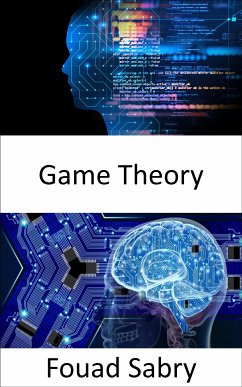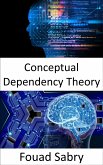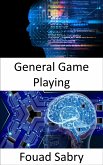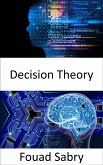What Is Game Theory
The study of mathematical models of strategic interactions among rational actors is what's known as "game theory." It also has applications in the sciences of logic, systems science, and computer science, in addition to the various areas of social science. The ideas contained within game theory find widespread application in the field of economics. The conventional approaches to game theory dealt with two-player games known as zero-sum games, in which the gains and losses of each participant are precisely balanced by those of the other players. The more advanced game theories can be applied to a greater variety of behavioral relations in the 21st century; the phrase "game theory" is now used as an umbrella word for the science of logical decision making in humans, animals, and computers.
How You Will Benefit
(I) Insights, and validations about the following topics:
Chapter 1: Game Theory
Chapter 2: Strategy (Game Theory)
Chapter 3: Nash Equilibrium
Chapter 4: Evolutionarily Stable Strategy
Chapter 5: Non-cooperative Game Theory
Chapter 6: Backward Induction
Chapter 7: Correlated Equilibrium
Chapter 8: Subgame Perfect Equilibrium
Chapter 9: Cooperative Bargaining
Chapter 10: Mertens-stable Equilibrium
(II) Answering the public top questions about game theory.
(III) Real world examples for the usage of game theory in many fields.
(IV) 17 appendices to explain, briefly, 266 emerging technologies in each industry to have 360-degree full understanding of game theory' technologies.
Who This Book Is For
Professionals, undergraduate and graduate students, enthusiasts, hobbyists, and those who want to go beyond basic knowledge or information for any kind of game theory.
The study of mathematical models of strategic interactions among rational actors is what's known as "game theory." It also has applications in the sciences of logic, systems science, and computer science, in addition to the various areas of social science. The ideas contained within game theory find widespread application in the field of economics. The conventional approaches to game theory dealt with two-player games known as zero-sum games, in which the gains and losses of each participant are precisely balanced by those of the other players. The more advanced game theories can be applied to a greater variety of behavioral relations in the 21st century; the phrase "game theory" is now used as an umbrella word for the science of logical decision making in humans, animals, and computers.
How You Will Benefit
(I) Insights, and validations about the following topics:
Chapter 1: Game Theory
Chapter 2: Strategy (Game Theory)
Chapter 3: Nash Equilibrium
Chapter 4: Evolutionarily Stable Strategy
Chapter 5: Non-cooperative Game Theory
Chapter 6: Backward Induction
Chapter 7: Correlated Equilibrium
Chapter 8: Subgame Perfect Equilibrium
Chapter 9: Cooperative Bargaining
Chapter 10: Mertens-stable Equilibrium
(II) Answering the public top questions about game theory.
(III) Real world examples for the usage of game theory in many fields.
(IV) 17 appendices to explain, briefly, 266 emerging technologies in each industry to have 360-degree full understanding of game theory' technologies.
Who This Book Is For
Professionals, undergraduate and graduate students, enthusiasts, hobbyists, and those who want to go beyond basic knowledge or information for any kind of game theory.
Dieser Download kann aus rechtlichen Gründen nur mit Rechnungsadresse in A, B, BG, CY, CZ, D, DK, EW, E, FIN, F, GR, H, IRL, I, LT, L, LR, M, NL, PL, P, R, S, SLO, SK ausgeliefert werden.









